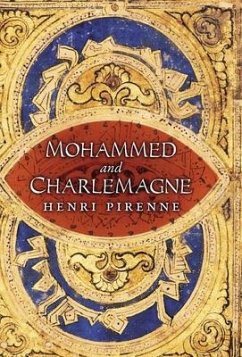This study is a vital reassessment of neglected medieval ruler King Carloman, who is so often found in the shadow of Charlemagne. Te information we have about him, transmitted by the Carolingian narrative texts or documents, has rarely been investigated before now. Marco Stoffella draws on a wide range of sources including letters, charters and diplomas to show that Carloman played a central political role in the Frankish kingdom which he ruled for three years. Stoffella suggests that it was Carloman, not Charlemagne, who was the Frankish king who married Gerberga, the Lombard princess. This emerging hypothesis leads to a reconsideration of further aspects of both Carloman's and Charlemagne's early careers. Evidence from minor annals that have been relatively disregarded until now, together with a fresh scrutiny of Pippin's and Carloman's diplomas, suggests that it was possibly Carloman rather than Charlemagne who was Pippin's first-born son. Following this interpretation, Carloman, Charlemagne and Dynastic Rivalries in the Eighth Century reflects on the extent and successfulness of Carolingian royal and imperial propaganda which re-shaped the early stages of Charlemagne's career, stressing his authority and blaming Carloman and his followers for the conflicts that emerged in Francia and in Italy between 768 and 771. The pro-Charlemagne sources even obscured the fate of the young king, and completely ignored the destiny of his wife and children. These new findings and arguments are expertly framed here and are of huge significance to our understanding of Charlemagne's conquest of the Lombard kingdom and policy south of the Alps.
Hinweis: Dieser Artikel kann nur an eine deutsche Lieferadresse ausgeliefert werden.
Hinweis: Dieser Artikel kann nur an eine deutsche Lieferadresse ausgeliefert werden.








